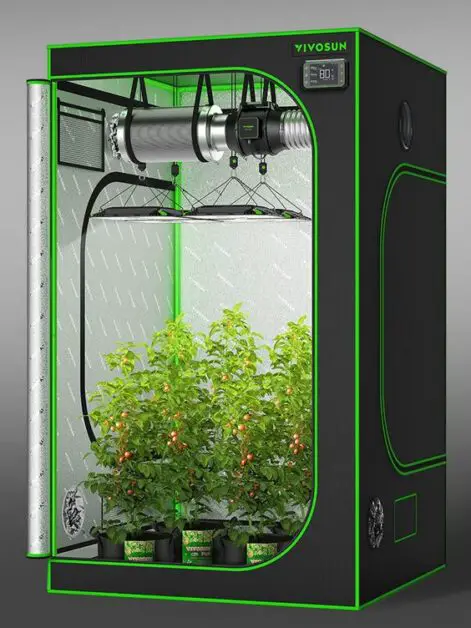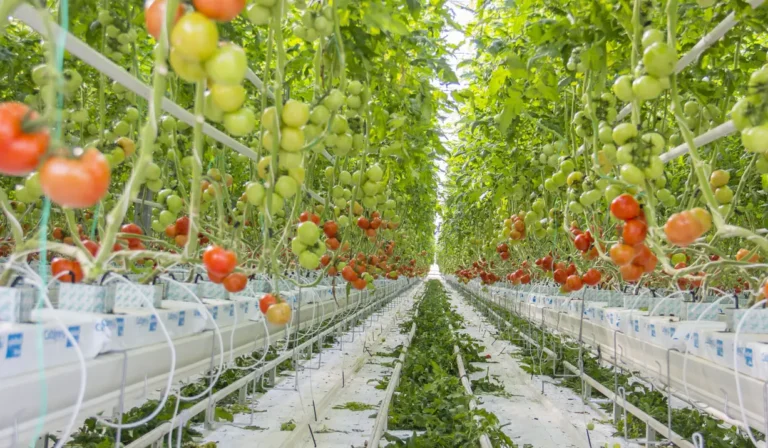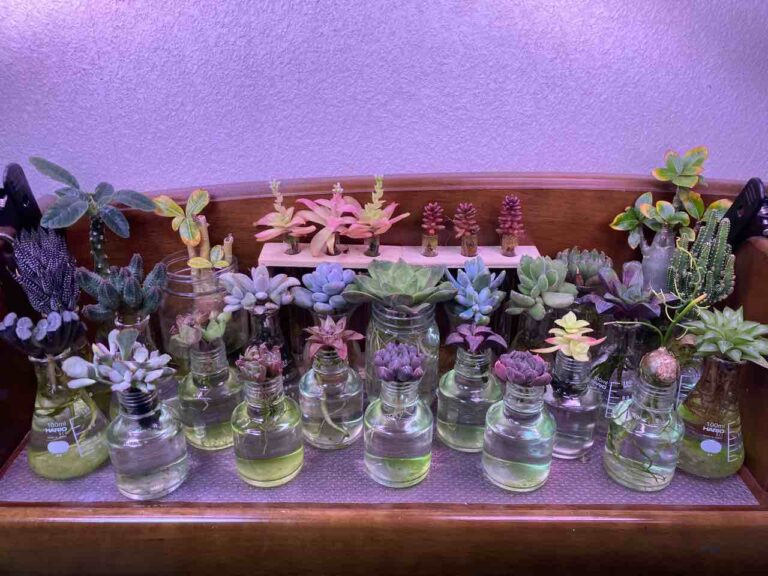TopoLite Complete Kit: The Best and Easiest Way to Set Up Your Hydroponic Grow Tent
Table of Contents
Exploring Different Plant Varieties Suitable for Hydroponic Systems
Hydroponic systems have been gaining popularity as a modern and efficient way of growing plants. One of the key factors in the success of a hydroponic system is selecting the right plant varieties to grow. Different plant varieties have varying requirements in terms of nutrient levels, pH balance, and environmental conditions. Therefore, it is important to explore and understand which plant varieties are suitable for hydroponic systems.
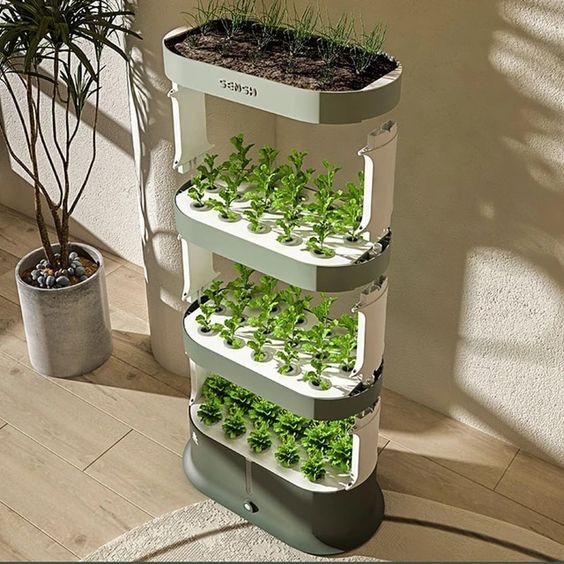
Tomatoes are one of the most commonly grown plant varieties in hydroponics. They thrive in the controlled environment of a hydroponic system and can produce high yields of flavorful fruits. Another popular choice for hydroponic cultivation is leafy greens, such as lettuce and spinach. These plants have fast growth rates and can be harvested multiple times, making them ideal for continuous production. Additionally, herbs like basil and mint are well-suited for hydroponic systems due to their compact growth habits and high demand in culinary applications.
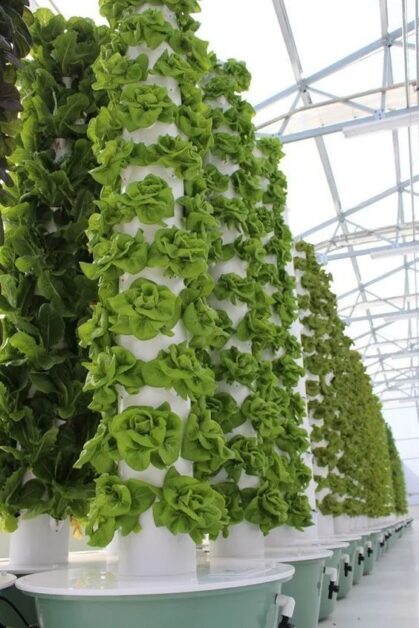
By carefully selecting the plant varieties that are suitable for hydroponics, gardeners and gardening enthusiasts can maximize the potential of their hydroponic systems. It is important to consider factors such as the plants’ nutrient requirements, growth habits, and yield potential. Exploring and experimenting with different plant varieties will not only diversify the produce but also offer an opportunity to learn and optimize the hydroponic system for specific plants.
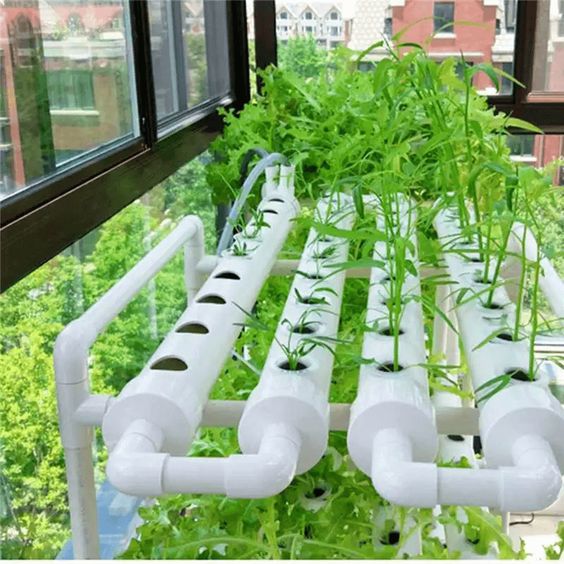
• Tomatoes are a popular choice for hydroponic cultivation due to their ability to thrive in controlled environments and produce high yields of flavorful fruits.

• Leafy greens like lettuce and spinach are ideal for hydroponics as they have fast growth rates and can be harvested multiple times, allowing for continuous production.
• Herbs such as basil and mint are well-suited for hydroponic systems because of their compact growth habits and high demand in culinary applications.
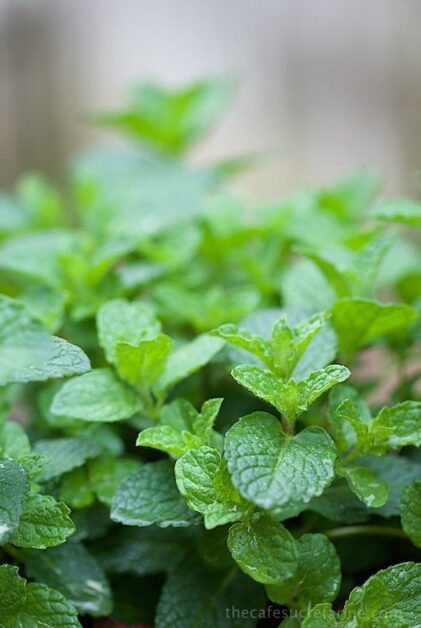
• Carefully selecting plant varieties that are suitable for hydroponics can maximize the potential of the system by considering factors such as nutrient requirements, growth habits, and yield potential.
• Exploring different plant varieties not only diversifies the produce but also offers an opportunity to learn and optimize the hydroponic system specifically for those plants.
TopoLite Complete Kit: Streamlining Hydroponic Grow Tent Setup
Hydroponic cultivation demands meticulous planning and execution, with each component playing a pivotal role in the overall success of the endeavor. Among the myriad options available in the market, the TopoLite Complete Kit stands out as an integrated solution designed to simplify the setup of your hydroponic grow tent. In this comprehensive exploration, we delve into the key features and advantages of the TopoLite Complete Kit, outlining why it’s considered one of the best and easiest solutions for hydroponic enthusiasts.
Can any type of plant be grown in a hydroponic system?
While hydroponic systems provide optimal conditions for many plants, not all varieties are suitable. It is important to select plants that thrive in nutrient-rich water and can tolerate the absence of soil.
Which plants are commonly grown in hydroponic systems?
Some popular plants grown in hydroponic systems include lettuce, herbs (such as basil and mint), tomatoes, cucumbers, strawberries, and peppers. These varieties have been successfully cultivated in hydroponic setups.
Are there any special considerations for choosing plants for a hydroponic system?
Yes, there are a few factors to consider. Firstly, choose plants that have a compact growth habit to optimize space utilization. Secondly, select plants that have a relatively short growing cycle, as hydroponic systems typically provide rapid growth. Lastly, consider the availability of appropriate water and nutrient solutions for each plant variety.
Can flowering or fruit-bearing plants be grown in hydroponics?
Yes, many flowering and fruit-bearing plants can thrive in hydroponic systems. Varieties such as tomatoes, cucumbers, and strawberries are known to produce abundant fruits and flowers in hydroponic setups.
Are there any plant varieties that are not suitable for hydroponics?
Some plants with extensive root systems or deep taproots may not be suitable for hydroponics. Additionally, certain plants that require specific soil conditions or rely on beneficial soil organisms may not perform well in a hydroponic environment.
Is it possible to grow root vegetables in a hydroponic system?
While most root vegetables, such as carrots and potatoes, are traditionally grown in soil, some hydroponic variations can accommodate them. Techniques like nutrient film technique (NFT) and deep water culture (DWC) can be adapted to grow root vegetables in a hydroponic system.
Do different plant varieties require different nutrient solutions in hydroponics?
Yes, different plants have varying nutrient requirements. Each plant variety may require a specific combination and concentration of nutrients in the hydroponic solution. It is important to research and tailor the nutrient solution to match the needs of each plant.
Can plants from different families be grown together in a hydroponic system?
Yes, plants from different families can be grown together in a hydroponic system. However, it is important to consider their individual requirements for nutrients, light, and pH levels when designing a mixed planting setup.
Are there any plants that are particularly well-suited for hydroponics?
Yes, some plant varieties are known to excel in hydroponic systems due to their adaptability and high nutrient uptake. Lettuce, leafy greens, and herbs like basil and mint are often considered ideal plants for hydroponics due to their fast growth and high yield potential.
Can I use seeds from regular plants for hydroponic cultivation?
Yes, seeds from regular plants can be used for hydroponic cultivation. However, it is important to ensure the seeds are of good quality and free from any diseases or pests. Additionally, some plant varieties may have specific hydroponic seed varieties available, which can be advantageous in terms of adaptability to the system.

Kanike Sreekanth, a prolific writer at SouthElMonteHydroponics, brings a unique blend of creativity and scientific rigor to the table. With a degree in Horticulture from a prestigious institution, Kanike’s expertise spans hydroponic farming, plant biology, and agricultural sustainability. Their passion for exploring innovative cultivation methods and promoting environmental stewardship drives them to uncover new insights in the realm of hydroponics. Kanike’s writing serves as a conduit for sharing their knowledge and inspiring others to embrace alternative farming practices for a more sustainable future.

